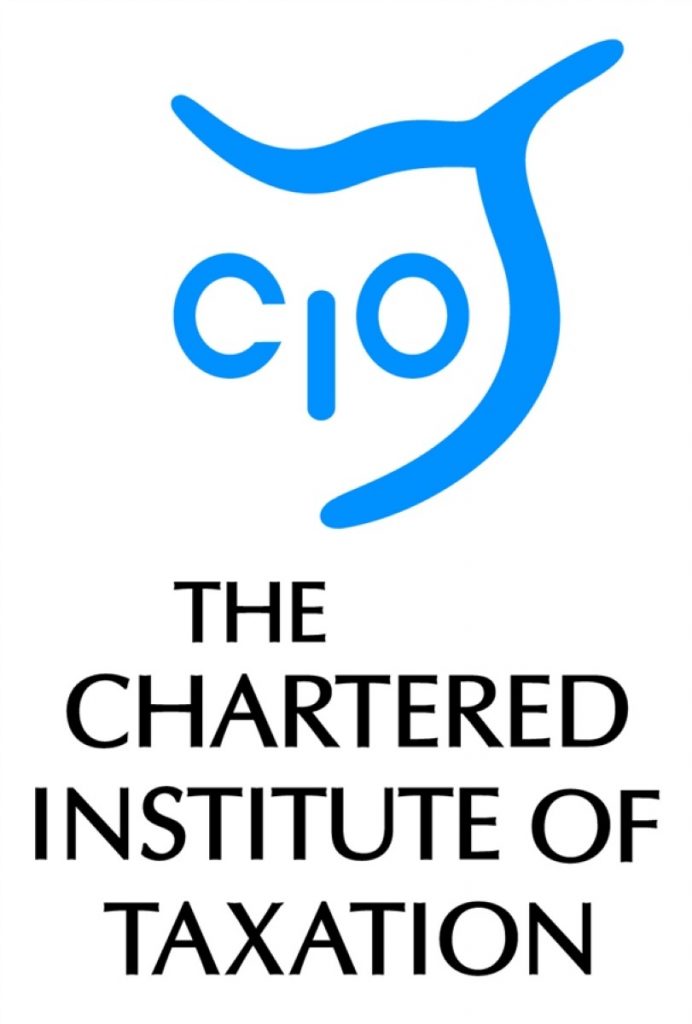HMRC relaxes mandatory filing of VAT returns online
HM Revenue and Customs (HMRC) have agreed to relax the strict rule requiring VAT returns to be filed online. This follows the consultation which was launched after the appellants’ success in the First-tier Tribunal case of LH Bishop Electric Co Ltd & Others v HMRC Commissioners (in which the Low Incomes Tax Reform Group (LITRG) supported the appellants).
In the summary of responses to the consultation HMRC propose that businesses will be permitted to use telephone filing where they satisfy HMRC that it is not reasonably practicable for them to file electronically due to their age, disability, remoteness of location, or any other reason. If for any of those reasons it is not reasonably practicable for them to file either electronically or by telephone, they will be permitted to file on paper. Any business aggrieved by HMRC’s decision to refuse telephone or paper filing will have a right of appeal.
HMRC have also proposed to improve the telephone filing service by making it possible for taxpayers to ring HMRC rather than making an appointment for HMRC to ring them, by providing a dedicated line, and providing a service outside normal working hours. The service will be more widely publicised and guidance provided.
Anthony Thomas, Chairman of the Low Incomes Tax Reform Group, which supported the appellants in Bishop, commented:
“This is a good outcome to an open consultation and we are pleased that HMRC have listened to those who responded. During the consultation period, LITRG and CIOT colleagues held discussions with senior HMRC officials and we are pleased to say that the outcome of the consultation is very much in accordance with the views we expressed.
“Until now, online returns have been mandatory unless the taxpayer is a practising member of a religious society or order whose beliefs are incompatible with the use of electronic communications, or a business in insolvency. In the Bishop case the judge found that requirement breached the human rights of those who were unable to file online because they were computer illiterate due to age, or had a disability that made using a computer accurately very difficult or painful, or they lived too remotely for a reliable internet connection.
“It is regrettable that it has taken more than two years of hard work, uncertainty and stress on the part of the appellants and their advisers, and tens of thousands of pounds of court costs borne by the general taxpayer to reach this point. Nevertheless, the outcome is sensible and rational and gives HMRC a sound basis for its future digital strategy.”
A further consultation now follows on the draft amendments to the VAT Regulations intended to bring about this change. The consultation will close on 24 May 2014.
Notes to editors:
1. The Low Incomes Tax Reform Group (LITRG)
LITRG is an initiative of the Chartered Institute of Taxation to give a voice to the unrepresented. Since 1998 LITRG has been working to improve the policy and processes of the tax, tax credits and associated welfare systems for the benefit of those on low incomes.
2. The Chartered Institute of Taxation (CIOT)
The CIOT is the leading professional body in the United Kingdom concerned solely with taxation. The CIOT is an educational charity, promoting education and study of the administration and practice of taxation. One of our key aims is to work for a better, more efficient, tax system for all affected by it – taxpayers, their advisers and the authorities. The CIOT’s work covers all aspects of taxation, including direct and indirect taxes and duties. Through our Low Incomes Tax Reform Group (LITRG), the CIOT has a particular focus on improving the tax system, including tax credits and benefits, for the unrepresented taxpayer.
The CIOT draws on our members’ experience in private practice, commerce and industry, government and academia to improve tax administration and propose and explain how tax policy objectives can most effectively be achieved. We also link to, and draw on, similar leading professional tax bodies in other countries. The CIOT’s comments and recommendations on tax issues are made in line with our charitable objectives: we are politically neutral in our work.
The CIOT’s 17,000 members have the practising title of ‘Chartered Tax Adviser’ and the designatory letters ‘CTA’, to represent the leading tax qualification.
James Knell
External Relations Officer
D: +44 (0)20 7340 2702
Chartered Institute of Taxation
Registered charity number 1037771
www.tax.org.uk
The Association of Taxation Technicians
Registered charity number 803480
Registered company number 2418331
VAT Registration Number 497 5390 90
www.att.org.uk
1st Floor, Artillery House, 11-19 Artillery Row, London SW1P 1RT





-01.png)